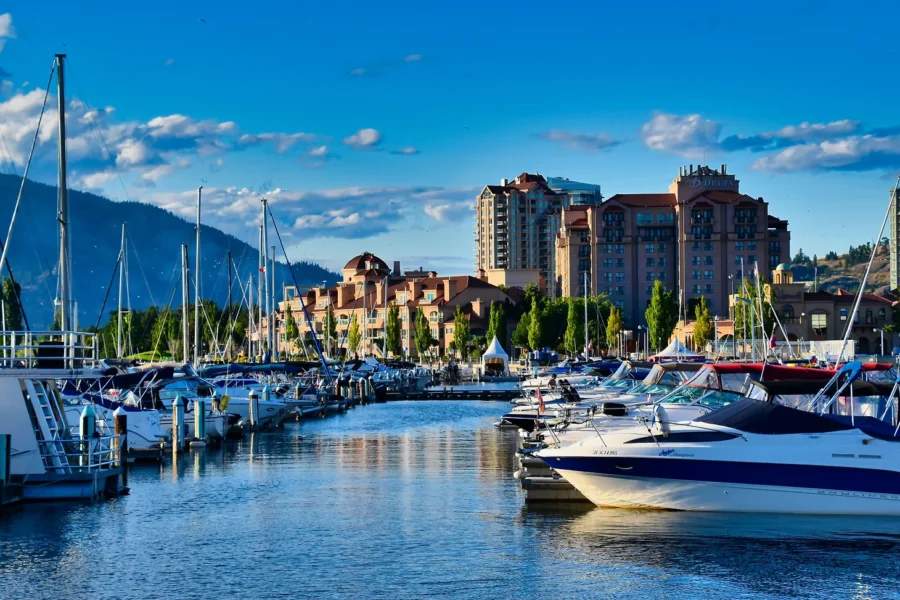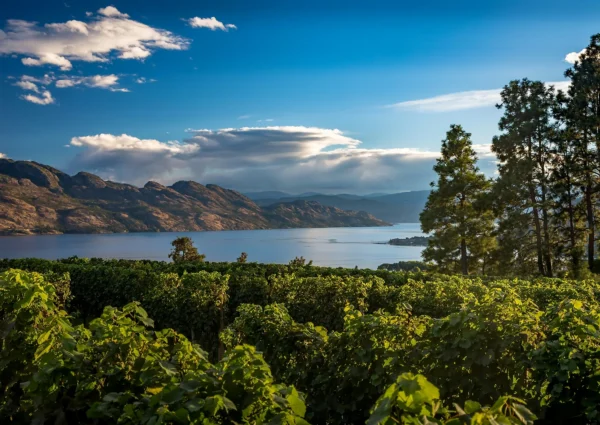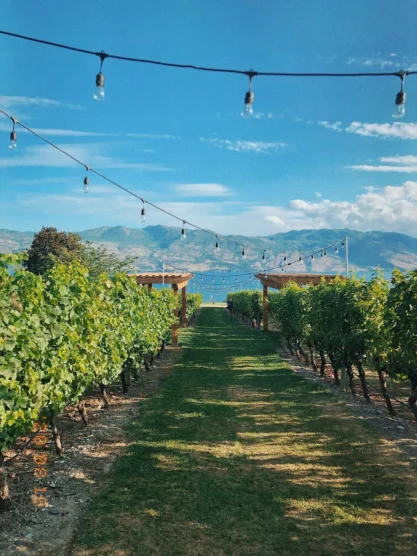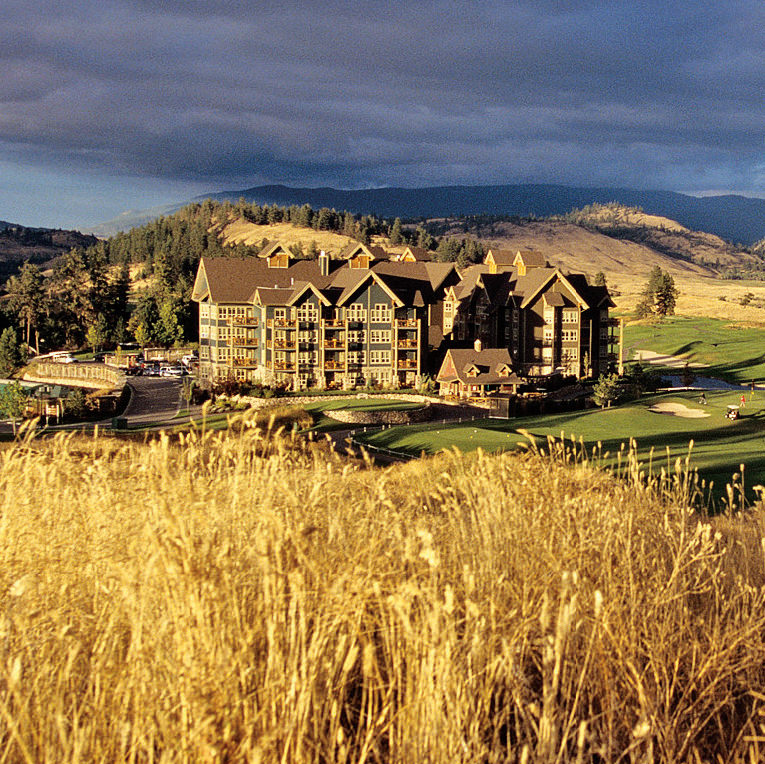Kelowna’s Culinary Moment
The city in British Columbia's Okanagan Valley is poised to be a training ground for the next generation of chefs, bakers, viticulturalists, winemakers, sommeliers, and more.

Thanks to the efforts of the City of Kelowna, Tourism Kelowna, and Okanagan College, a global brand designation is in the works. In March 2025, the three partner organizations submitted a bid to become part of UNESCO’s Creative Cities Network as a City of Gastronomy, a prestigious designation that only 56 others currently have. And if successful, it would be a first in Canada.
“We know that we have something extraordinary here,” Okanagan College’s president, Neil Fassina, says from his home base in Kelowna. “Agriculture, food, beverage, and ecology…, Kelowna sits at the intersection of all things that are good in this ecosystem. So how do we contribute to the world knowing that we have something extraordinary here?”
Lisanne Ballantyne, president and CEO of Tourism Kelowna, remembers the moment years ago at a conference in the U.S. where she heard a speaker talking about what it meant to have just achieved a UNESCO City of Gastronomy designation. Ballantyne returned home with “a glimmer of an idea.” What if Kelowna could become part of UNESCO’s Creative Cities Network?

Since 2004, UNESCO has formed a global community of cities that “place creativity and cultural industries at the heart of their development plans at the local level and cooperate actively at the international level.” There are currently over 350 cities in this collaborative network. Members are categorized in eight fields: Architecture, Crafts and Folk Art, Design, Film, Gastronomy, Literature, Media Arts, and Music.
By 2023, Kelowna had emerged as one of Canada’s fastest-growing cities. With this “new energy and new people in place,” Ballantyne found enthusiastic partners for this application process. “It was the right time in the right place,” she says. “We are exploding with entrepreneurship and new industries. And this fits into something we already have strengths in.”
She also notes that this process included consultation with the Westbank First Nation, a Syilx Okanagan Nation community in the capital region. “We couldn’t move forward with this without permission from the stewards of this land. And food, agriculture, and gastronomy are all part of Syilx traditions.” Once the letter of endorsement came from Westbank Nation chief Robert Louie, the other partners began the application process.

Kelowna’s mayor, Tom Dyas, is a Red Seal chef, having worked in the food and hospitality business at high levels before turning to municipal politics. Food and wine tourism is one of the city’s key attractions and revenue generators. Dyas is quick to point out the statistics. “We have 40 wineries in Kelowna and more than 500 restaurants, bars, and patios in this area.” The result, he says, is $394 million in annual revenue just from dining. Kelowna and the surrounding area also contain 807 farms, employing nearly 5,000 people. “Agricultural land is over 40 percent of our land base.”
He also points to Okanagan College’s $55.8-million Centre for Food, Wine and Tourism currently under construction on the college’s Kelowna campus, as well as wine-related research coming out of UBC’s Okanagan campus. Kelowna is poised to be a training ground for the next generation of chefs, bakers, viticulturalists, winemakers, sommeliers, and other food and beverage specialists.

So far, Canada has recognized four UNESCO Creative Cities: Montréal, Creative City of Design since 2006; Quebec City, Creative City of Literature since 2017; Toronto, Creative City of Media Arts since 2017; and London, Creative City of Music since 2021.
“An entire city anxiously awaits,” Ballantyne says of the nail-biting wait for news from UNESCO’s international Creative Cities Network. She says that she receives about a call about it every two days on average from either a Kelowna business involved in food and beverage tourism or even just from curious visitors.
“If we are successful, it will position Kelowna as a global gastronomy destination, plugging us into an international network. It’s a legacy game-changer for our producers, our chefs and restaurateurs, and all of us who enjoy the bounty of this beautiful region.”




